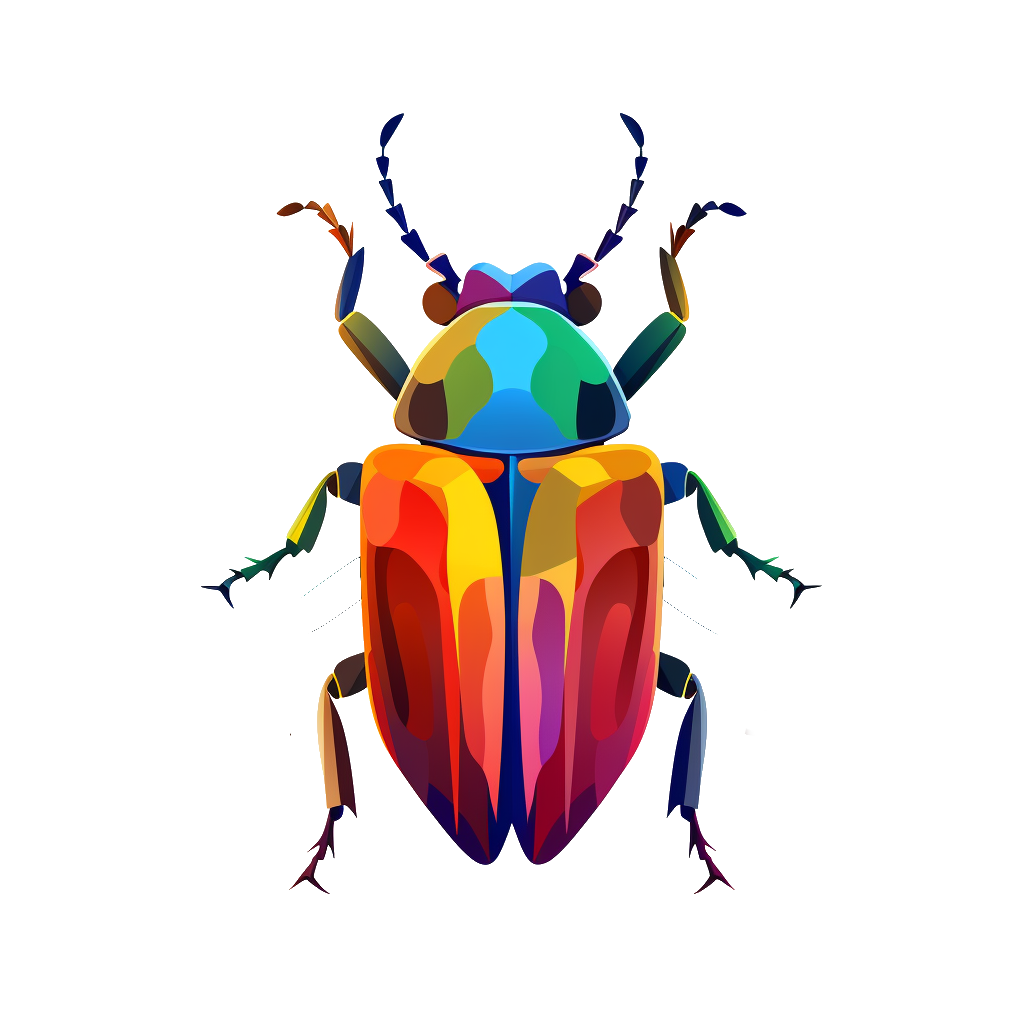Staff at the conservation zoo, renowned for its work to bring species back from the brink, were called in by fellow charity Buglife Cymru to start an emergency breeding effort for the Scarce Yellow Sally Stonefly - part of a rescue mission to save the species from extinction following its rediscovery in the River Dee, North Wales.
Having not been recorded since 1995, two small populations were found in the river - believed to be the only remaining location for the stonefly in the UK. In 2022 conservationists from wildlife charities Buglife Cymru, Chester Zoo, the Welsh Dee Trust and freshwater invertebrate specialist John Davy-Bowker set about sampling and carefully collecting a small number of the stoneflies from the areas where they were rediscovered.
“In just a few weeks we were able to understand the species and its lifecycle, breeding patterns and favoured environment. Everything we have learned so far, including every slight tweak we made, has been meticulously recorded and given us a detailed blueprint which we hope will set the foundations for a conservation breeding programme for the critically endangered insect - all while helping to further increase the small surviving population in the River Dee.”.
“This species is highly vulnerable to habitat loss, pollution incidents from sewage and litter, as well as climate change. The stoneflies need highly oxygenated, clean water to thrive so it’s important that their habitat in the River Dee is protected - especially as it’s currently the only known location in the UK for this species.”
The Scarce Yellow Sally Stonefly is a critically endangered species that was first identified in the River Dee in 1959 and was regularly recorded up until 1995 when subsequent surveys failed to locate any living populations in the UK. The species was presumed to have gone extinct in the British Isles - while a small number of populations were diminishing across Eastern Europe.


